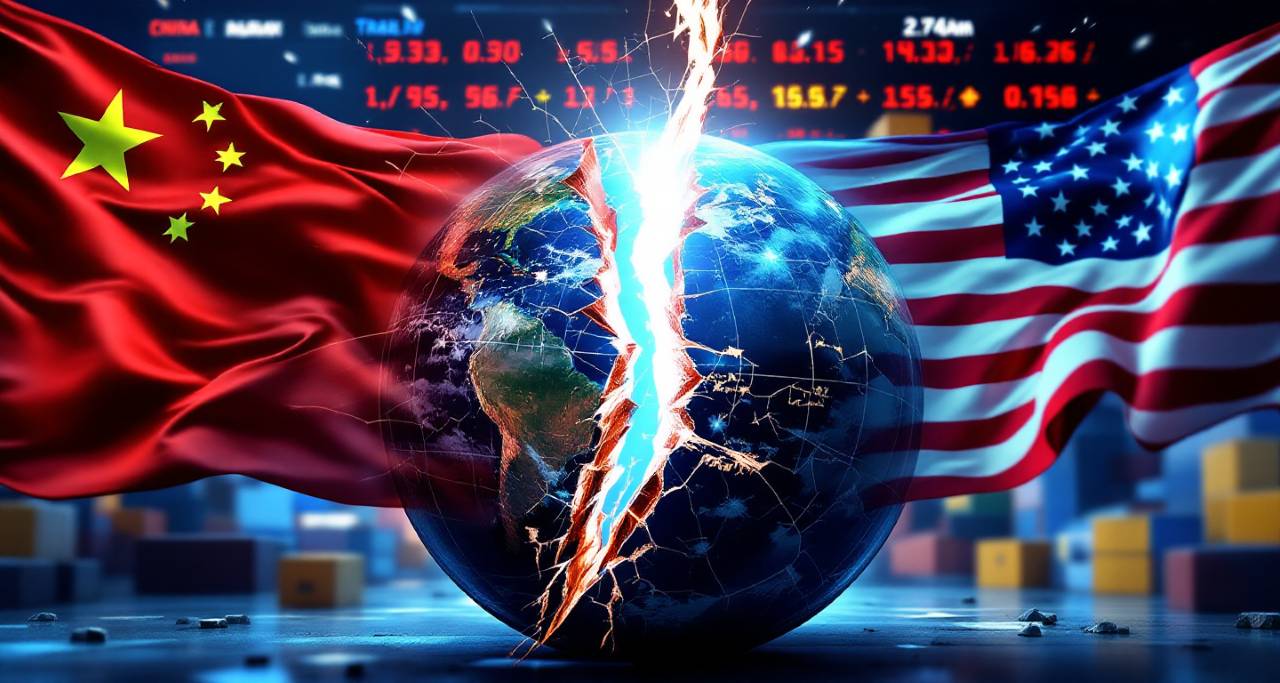
In a significant development in the ongoing U.S.-China trade saga, former President Donald Trump expressed cautious optimism about a potential truce with China,
emphasizing that the punitive tariffs imposed during his administration would not revert to their previous peak of 145%.
This announcement comes amid a newly agreed 90-day tariff pause aimed at de-escalating tensions and fostering further negotiations between the two economic giants.
A 90-Day Tariff Pause: A Step Back from Escalation
After months of tit-for-tat tariff hikes that saw U.S. tariffs on Chinese goods soar to an unprecedented 145%, Trump and Chinese officials agreed to a temporary reduction. The U.S. will lower its tariffs to a combined 30% rate, including a 20% levy on specific goods like fentanyl-related products, while China will reduce its retaliatory tariffs from 125% to 10% for the next three months. This pause is designed to create a conducive environment for more substantive trade talks.
Trump hailed the agreement as a “total reset” following productive talks in Geneva, highlighting that China has agreed to open its markets more to American businesses. Treasury Secretary Scott Bessent and U.S. Trade Representative Jamieson Greer, who led the negotiations, underscored the mutual interest in avoiding economic decoupling and achieving more balanced trade.
Tariffs Won’t Return to Their Peak, But Could Rise If Talks Fail
When pressed about the possibility of tariffs returning to the 145% level if no final deal is reached, Trump was clear: “No, it won’t be anywhere near that high,” though he did not rule out raising tariffs “substantially higher” than the current reduced levels if negotiations falter. This stance marks a tempered approach compared to the earlier aggressive tariff escalation that rattled global markets and strained supply chains.
Market Reaction and Political Responses
The announcement of the tariff truce sparked a surge in U.S. stock markets, with the Dow Jones Industrial Average jumping over 1,000 points. Investors welcomed the de-escalation as a relief from the uncertainty that had clouded global trade.
However, the deal has drawn criticism from some Democrats, including Senate Minority Leader Chuck Schumer, who argued that China “got the better of Trump” and pointed to the administration’s inconsistent trade policies.
The Road Ahead: Continued Negotiations and Uncertain Outcomes
While the 90-day tariff pause offers a breathing space, both sides acknowledge that the underlying issues remain complex. The U.S. continues to push for China to open its markets further and address trade imbalances, while China seeks to protect its economic interests amid global pressures.
Trump’s recent statements suggest a willingness to negotiate but also a readiness to reimpose tariffs if necessary, reflecting the delicate balance between diplomacy and economic leverage.
This development is a pivotal moment in the U.S.-China trade relationship, signaling a potential thaw but also underscoring the fragility of progress in one of the world’s most consequential economic rivalries
